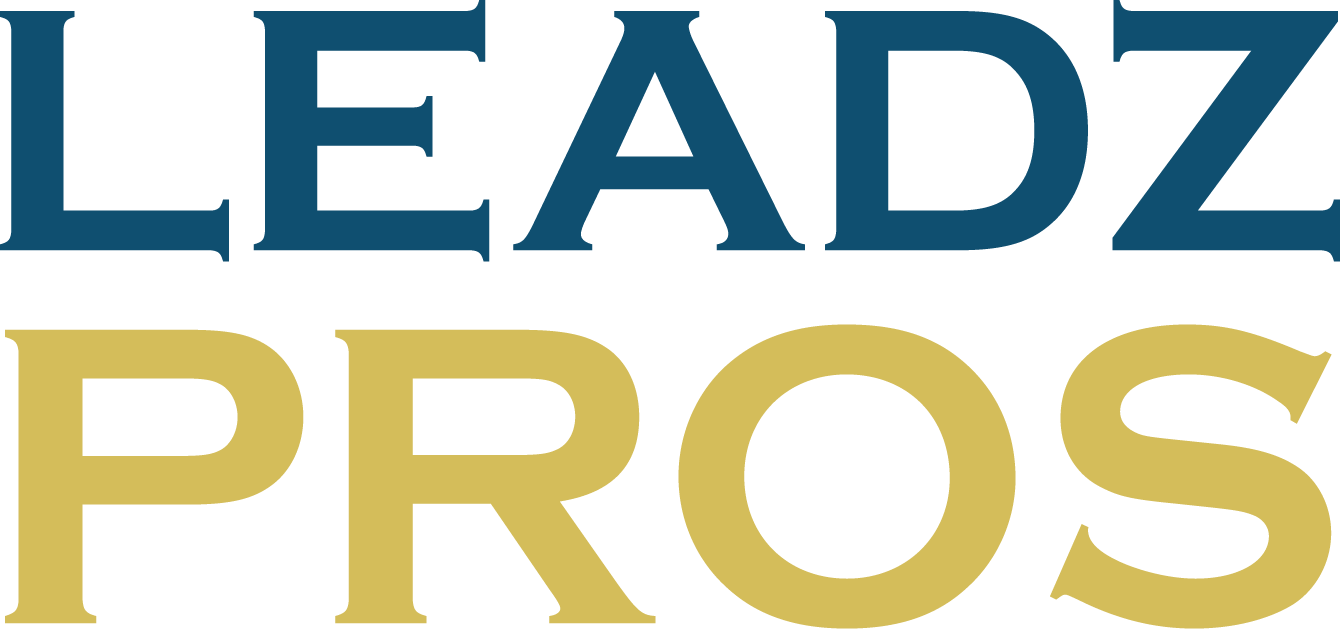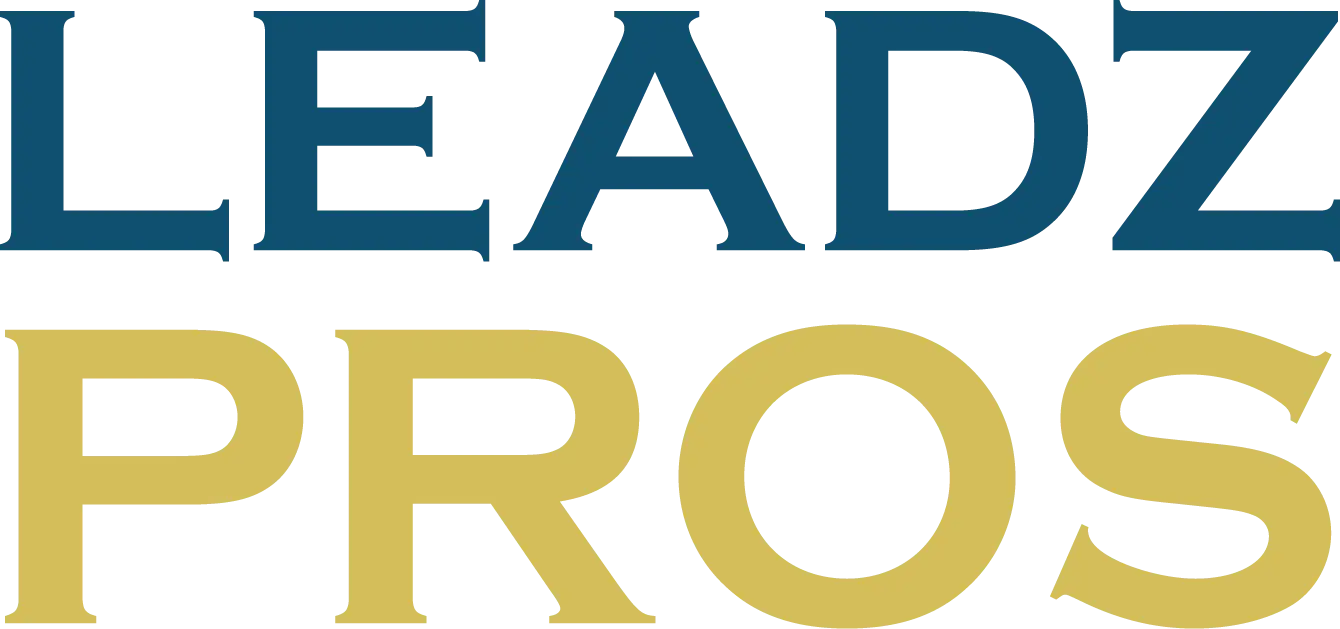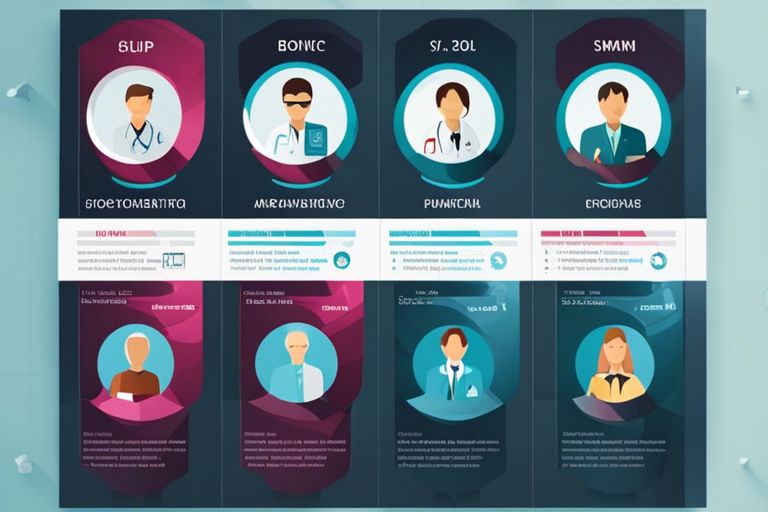Ophthalmology practices strive to provide the best possible care for their patients, leveraging cutting-edge technology and specialized expertise. In this competitive landscape, customer relationship management (CRM) has emerged as a crucial tool for enhancing patient relations, streamlining operations, and improving overall efficiency. As ophthalmology practices continue to evolve, incorporating a CRM system tailored to their unique needs can offer invaluable insights and facilitate better patient outcomes.
Understanding CRM in Ophthalmology
Definition and Core Features
One of the key tools in managing patient relationships and optimizing business operations for ophthalmology practices is Customer Relationship Management (CRM) software. CRM in ophthalmology serves as a centralized platform that enables practices to streamline their communication with patients, manage appointments efficiently, and track patient interactions and preferences.
The Intersection of Patient Care and Data Management
For ophthalmology practices, the intersection of patient care and data management is where CRM systems shine. By utilizing CRM software, practices can tailor their interactions with patients based on their individual needs and history. This personalized approach not only enhances patient experience but also helps practices in building stronger relationships with their patients for improved retention and loyalty.
Plus, with CRM systems, ophthalmology practices can track patient data, including diagnosis, treatments, and follow-ups, seamlessly. This data-driven approach allows for better clinical decision-making and patient outcomes through improved communication and follow-up care.
Implementation Strategies
Little is as crucial to the success of an ophthalmology practice as the implementation of a robust CRM system. For detailed insights on CRM implementation in ophthalmology practices, visit Insightful Insights: CRM For Ophthalmology Practices.
Identifying Practice Needs
On the journey to implement a CRM system for an ophthalmology practice, the first step is to identify the specific needs of the practice. This involves understanding what functions and features are imperative for streamlining operations, enhancing patient communication, and improving overall efficiency. Conducting a thorough assessment of the current workflow and pain points will help in selecting a CRM solution that aligns with the practice’s requirements.
Training Staff and Integrating with Existing Systems
With the CRM system identified and ready for implementation, the next critical step is training staff and integrating the new system with existing practice management software and other systems. This process requires thorough training sessions to ensure that all team members are proficient in using the CRM platform effectively. Integration with existing systems is crucial for seamless data flow and communication between different parts of the practice.
Existing systems may include electronic health records (EHR), scheduling software, billing systems, and other tools used in daily practice operations. Ensuring smooth integration between these systems and the CRM platform is imperative for maximizing the benefits of the new system and avoiding disruptions in workflow.

Maximizing the Benefits of CRM
Enhancing Patient Engagement
Many ophthalmology practices are leveraging CRM systems to enhance patient engagement. By utilizing CRM tools, practices can improve communication with patients, send appointment reminders, and follow-up messages. This proactive approach fosters patient loyalty and satisfaction, ultimately leading to better patient outcomes.
Streamlining Administrative Processes
Maximizing efficiency in administrative tasks is crucial for the smooth operation of ophthalmology practices. CRM systems streamline administrative processes by automating appointment scheduling, managing patient records, and simplifying billing procedures. This not only saves time but also reduces the likelihood of errors, improving overall practice productivity.
When administrative tasks are optimized through CRM systems, staff can focus more on providing quality patient care. This leads to a more efficient practice and better patient satisfaction.
Improving Patient Outcomes through Data Analysis
Enhancing patient outcomes through data analysis is a key benefit of CRM implementation in ophthalmology practices. By analyzing patient data collected through CRM systems, practices can identify trends, track outcomes, and personalize treatment plans. This data-driven approach allows for more tailored and effective patient care, ultimately leading to improved patient outcomes and satisfaction.
This data-driven approach not only benefits individual patients but also contributes to the overall success and reputation of the ophthalmology practice. By using CRM systems to analyze and act on patient data, practices can continuously improve the quality of care they provide.

Trends and Future Directions
Technological Advances in CRM for Ophthalmology
Advances in CRM technology for ophthalmology practices have revolutionized how patient information is managed and accessed. From integrated electronic medical records to advanced telemedicine capabilities, these tools streamline processes and enhance patient care. Ophthalmologists can now track patient interactions, treatment histories, and appointments with greater ease and efficiency.
Adapting to Regulatory Changes and Patient Expectations
Changes in regulations and patient expectations necessitate a proactive approach for ophthalmology practices. Adapting CRM systems to comply with evolving laws such as HIPAA ensures patient data security and privacy. Moreover, meeting the growing demand for personalized care requires practices to tailor their CRM strategies to engage patients effectively.
Looking ahead, ophthalmology practices must stay abreast of emerging technologies and regulatory requirements to maintain a competitive edge and deliver exceptional patient experiences. By leveraging CRM systems that integrate seamlessly with other healthcare platforms and prioritize patient-centric care, practices can navigate future challenges with confidence.
Final Words
Considering all points discussed in this article, it is evident that CRM for ophthalmology practices can greatly enhance patient relationships, streamline processes, and improve overall efficiency. By implementing a CRM system tailored to the specific needs of an ophthalmology practice, healthcare providers can not only provide better patient care but also drive business growth. With the insights gained from data analytics and patient interactions, ophthalmologists can make more informed decisions and personalized treatment plans. It is crucial for ophthalmology practices to embrace CRM technology to stay competitive in today’s healthcare landscape and ultimately, provide the best possible care for their patients.









